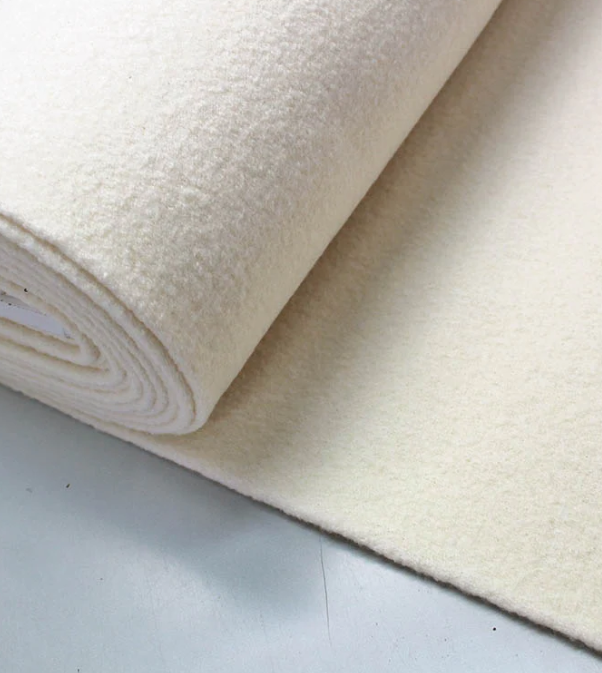
Why does wool have a specific smell?
Share
Wool is a natural fiber valued for its warmth, durability, and comfort. However, many people notice that wool has a distinctive, sometimes even strong, smell. Where does it come from, and does it mean that the wool is of poor quality?
Causes of wool smell:
-
Lanolin:
- Lanolin is a natural greasy wax produced by the sebaceous glands of sheep's skin. It protects the wool from environmental influences and gives it a natural smell.
- The amount of lanolin in wool can vary depending on the breed, age, and living conditions of the sheep.
-
Animal fats:
- In addition to lanolin, wool may contain other animal fats that also contribute to the specific smell.
-
Processing process:
- Various chemicals are used during the wool processing, which can leave their own smell.
- However, high-quality wool is usually thoroughly cleaned, so the smell is minimal.
-
Environmental factors:
- Wool can absorb environmental odors, such as smoke, food odors, or mold.
Is the smell of wool normal?
- A slight wool smell is completely normal and even indicates that the wool is natural and has not been treated with harsh chemicals.
- However, a strong and unpleasant smell may mean that the wool is of poor quality or improperly processed.
How to reduce the smell of wool?
-
Ventilation:
- Frequently ventilate wool products, especially new ones.
-
Washing:
- Wash wool with a gentle wool detergent.
- You can use essential oils that will give the wool a pleasant smell.
-
Natural odor absorbers:
- Place natural odor absorbers, such as baking soda or lavender sachets, next to wool products.
-
Special means:
- There are special means to neutralize the smell of wool.
Wool advantages:
- Naturalness: Wool is a natural and eco-friendly material.
- Warmth: Wool retains heat perfectly, making it ideal for cold weather.
- Moisture regulation: Wool absorbs and evaporates moisture, so the skin remains dry.
- Durability: Wool is a strong and durable material.
